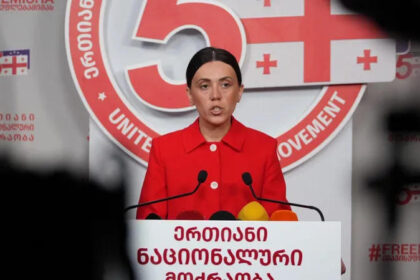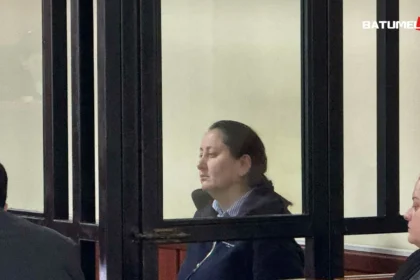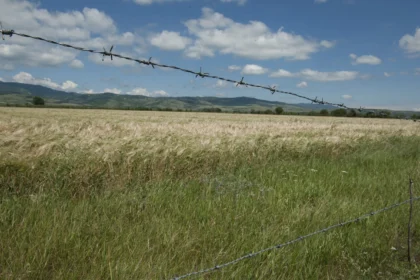The Social Justice Center (SJC) has released a comprehensive analysis of Georgia’s Administrative Offenses Code, calling for its overhaul due to its contravention of international human rights standards. The SJC argues that the Code, which was initially adopted in 1984, is outdated and contains numerous deficiencies, including:
1. **Vague definitions of offenses**: Some offenses are defined too broadly, leading to arbitrary decisions by authorities.
2. **Inconsistent structure and legislative techniques**: The Code contains outdated terms and definitions, inconsistent grouping of violations, and unclear classification of offenses.
3. **Lack of transparency in administrative detention**: The law does not specify when detention is necessary, giving the police too much power to arrest people without solid justification.
4. **Insufficient protection of rights**: Individuals facing administrative liability do not benefit from protections such as the presumption of innocence or the requirement to prove guilt beyond a reasonable doubt.
5. **Excessive and arbitrary use of fines**: Fines for certain offenses have become stricter, leaving people accused of administrative offenses without proper legal safeguards.
The SJC also highlights the increasing use of administrative detention to suppress protests and critical opinion by the Georgian Dream government. The watchdog organization stresses that the current Code puts at risk the protection of a person’s liberty and security, as well as the rights to a fair trial.
In light of these findings, the SJC calls for:
1. **Reform of the Administrative Offenses Code**: A comprehensive overhaul of the Code is necessary to bring it in line with international human rights standards.
2. **Transparency and accountability**: The government should ensure transparency in administrative detention procedures and hold those responsible accountable for any abuses.
The SJC’s report has been met with widespread attention, with various organizations and individuals calling for reform and greater protection of fundamental rights in Georgia.












